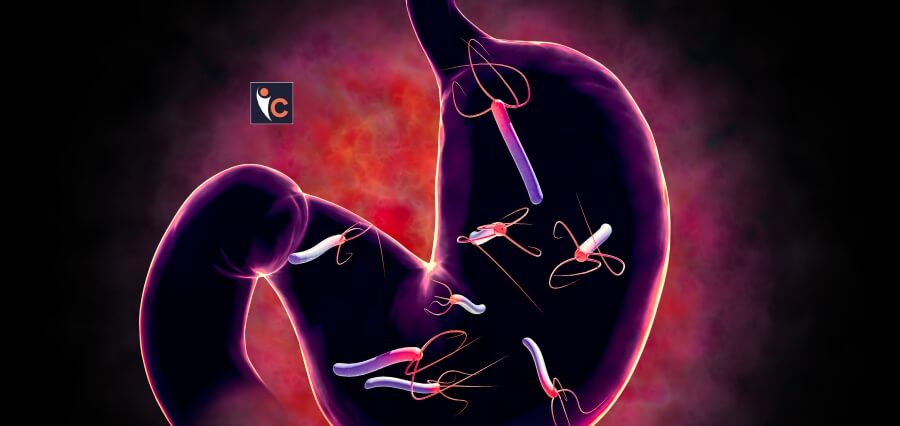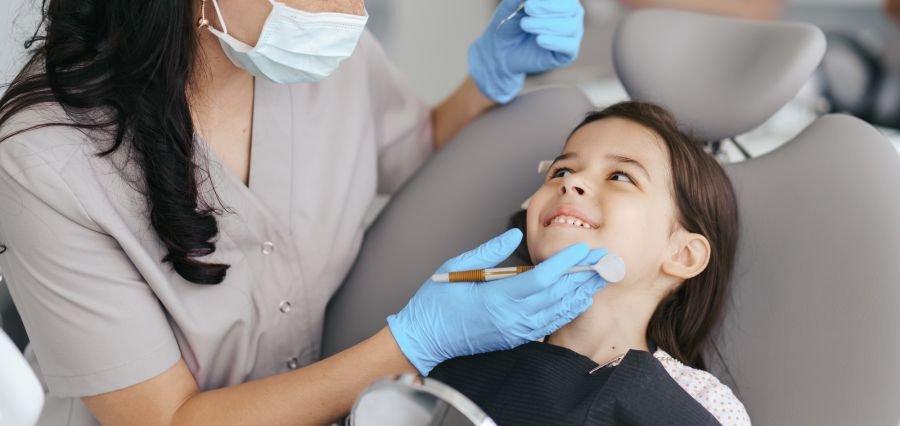Introduction
Helicobacter pylori (H. pylori) is a bacterium that causes sores and inflammation in the lining of the stomach or the duodenum (the upper part of the small intestine), leading to various gastric conditions, such as peptic ulcers, gastritis, and stomach cancer. Early detection and treatment of H.pylori is crucial to improve health and prevent complications.
This essay discusses the medications and treatment regimens for H. pylori management. (1)
Medications for H. pylori
The treatment of H. pylori usually depends on “triple therapy”, a combination of two different antibiotics and an acid-suppressing agent. (2)
1. Antibiotics
– Clarithromycin
Clarithromycin antibiotic is a semisynthetic macrolide that reversibly binds to the protein ribosome of the bacterium, preventing protein synthesis and inhibiting bacterial growth. This antibiotic can penetrate the stomach lining, effectively eradicating H.pylori.
However, resistance to clarithromycin due to mutations is a concern that requires finding effective alternative antibiotics.
– Amoxicillin
Amoxicillin is a penicillin-derivative bactericidal antibiotic that inhibits bacterial cell wall biosynthesis. When combined with other antibiotics, amoxicillin is effective in managing H.pylori infection. It is less susceptible to resistance than clarithromycin.
– Metronidazole
Metronidazole, a nitroimidazole antibiotic, inhibits nucleic acid synthesis by disrupting DNA. It is effective against H.pylori and is often used as an alternative to clarithromycin resistance; however, resistance to metronidazole is increasing, affecting the treatment outcome.
2. Acid-Suppressing Agents
Acid-suppressing medications, along with antibiotics, are essential for the treatment of H.pylori. These medications lower the pH of the stomach, creating unsuitable environmental conditions for the bacterium, inhibiting its growth, and enhancing the effectiveness of antibiotics. Acid-suppressing agents can include: (3)
– Proton Pump Inhibitors (PPIs)
Proton pump inhibitors (PPIs) reduce the acidity production in the stomach by inhibiting proton pumps in the stomach lining. Examples of PPIs include omeprazole, esomeprazole, lansoprazole, and pantoprazole.
– H2-Receptor Antagonists
These medications also reduce acid production by blocking histamine receptors in the stomach lining, such as ranitidine and famotidine. H2-receptor antagonists are used as alternatives to PPIs.
3. Bismuth Subsalicylate (4)
Bismuth subsalicylate is an over-the-counter antidiarrheal and anti-inflammatory agent that inhibits protein and cell wall synthesis, ATP synthesis, and membrane function.
It is used as an alternative first-line therapy in the following cases:
- Clarithromycin or metronidazole resistance.
- Patients who have previously taken macrolides.
- Penicillin-allergic patients.
Treatment Regimens (5)
1. Triple Therapy
The standard treatment of H.pylori includes “triple therapy”; which involves two antibiotics and PPI, administered for 7-14 days. PPIs are usually prescribed twice a day for H. pylori treatment.
For example, a regimen might include:
omeprazole twice daily + clarithromycin 500 mg twice daily + either amoxicillin 1 g twice daily or metronidazole 500 mg three times daily, for a total course of 14 days.
2. Quadruple Therapy
Resistance to antibiotics, such as clarithromycin or metronidazole, must be taken into consideration. In these cases, a quadruple therapy can be recommended by adding bismuth subsalicylate to the treatment regimen for 10-14 days.
3. Sequential Therapy (6)
Another alternative in cases of antibiotic resistance is to follow sequential therapy, which recommends taking amoxicillin first for 5 days to eradicate bacteria, then taking a combination of other antibiotics to remove any remaining bacteria.
- Initial Phase (5 days): PPI and amoxicillin 1 g (both are twice daily).
- Second Phase (5 days): PPI, metronidazole, and clarithromycin 500 mg.
References
- https://www.webmd.com/digestive-disorders/h-pylori-helicobacter-pylori
- https://www.ncbi.nlm.nih.gov/pmc/articles/PMC4635158/
- https://www.mayoclinic.org/diseases-conditions/h-pylori/diagnosis-treatment/drc-20356177
- https://onlinelibrary.wiley.com/doi/pdf/10.1046/j.1365-2036.11.s1.13.x
- https://www.uptodate.com/contents/image?imageKey=GAST/112171
- https://www.ncbi.nlm.nih.gov/pmc/articles/PMC3002562/
Read More: Click Here










